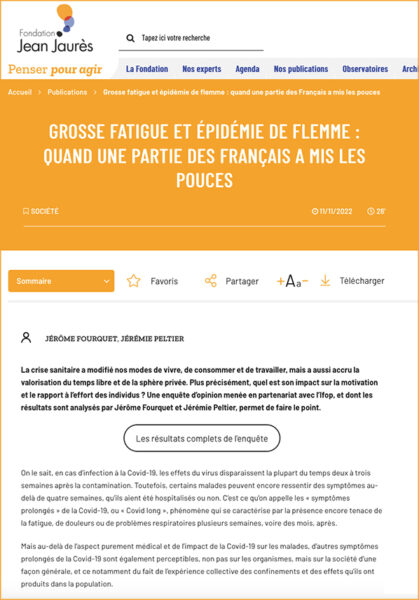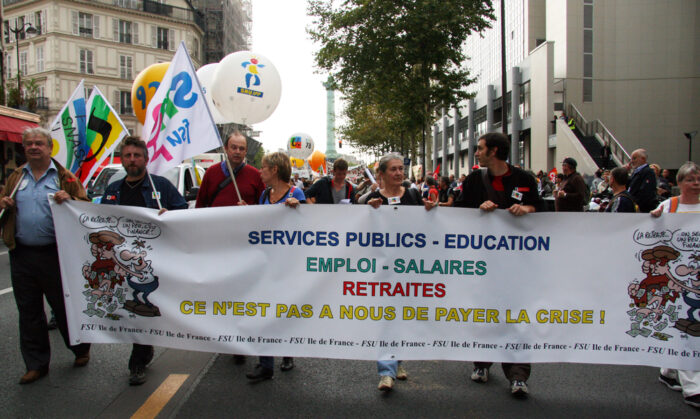A year ago, the Centre d’analyse stratégique (CAS: Centre for Strategic Analysis) published a very densely-argued report on the way work and employment will develop in France over the next 20 years, some 16 years after a similar study carried out by Jean Boissonnat for the CAS’s forerunner, the Commissariat général du Plan (General Planning Commission). However, between 1995 and 2011 the context has changed substantially and, though there has been one crisis after another, the revolution produced by the rise of the digital technologies has, among other factors, considerably modified working conditions.
Hugues de Balathier Lantage, who had overall charge of the 2011 Report, presents the main lessons to be learned from it here, while taking account of recent developments in the field of work and employment. He begins by recalling the changes that have occurred in this field (transformation of the structure of employment, dynamic labour markets but persistent unemployment, important changes in the business environment etc.) and goes on to lay out the approach adopted, which consists in taking concrete account of the realities of work (motivations, forms, organization, workplaces and working hours). He then presents the two scenarios accepted by the CAS for the years to 2030 (‘Technological and Societal Acceleration” and “Re-balancing and Voluntarism of the Actors”), before picking out some essential issues for the future with regard to the mobilization of actors, the structuring of employment policies on different time-scales, occupational mobility, career security etc. This is all material that will be particularly useful for future debates on employment policy and ways of reducing the unemployment rate in France.
Work and Employment in France in 20 Years’ Time
Cet article fait partie de la revue Futuribles n° 387, juil.-août 2012


